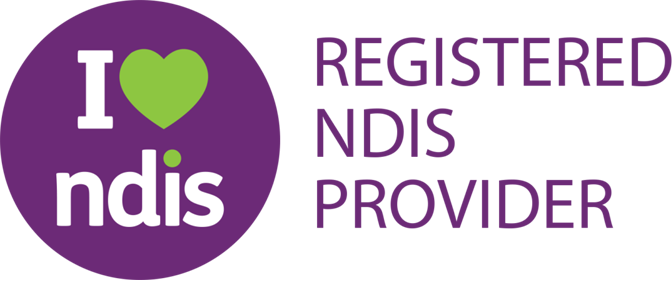Increased Funding Limit for Mid-Cost Assistive Technology
As of March, the NDIS Senator made an announcement stating that there is an increase in the limit for mid-cost assistive technology (AT) purchases. The limit for mid-cost AT purchases used to be $5000 and how been approved to $15000. We’re taking a look at what this means for relevant NDIS parties and the implications of this new change.
Understanding Assistive Technology
Assistive technology is any form of equipment that helps people with disabilities to complete tasks or makes it easier for them to complete specific tasks. AT is a great way to increase accessibility in any sector for a person with a disability. Once a participant submits the required evidence for their request, the NDIA must make their decision within 28 days for low and mid-cost AT, and within 50 days for high-cost AT.
Currently, the NDIS funds three different levels of assistive technology. This includes low-cost, mid-cost and high-cost assistive technology. For low-cost AT, the item must cost under 1500 and no written evidence is needed for the purchase. For low-risk low-cost items, it is recommended to get advice from an AT advisor and for high-risk written advice is required.
For mid-cost and high-cost AT written advice from an AT advisor is needed. The mid-range is now from $1500-15,000 for items, while the high-cost range is for purchases over $15000. The funding for low-cost AT comes from a participant’s core budget, while mid-high cost funding is through the capital.
What are the implications of the increase in funding?
There are always implications with any change in structure. The increase in range for mid-level AT has some positive factors but there is also some cause for concern.
For mid-cost assistive technology written evidence from an AT advisor is necessary before the request can be submitted. AT advisors are typically allied health professionals but can also include others who have the required skillset approved by the NDIS.
However, while the written evidence is necessary, for mid-cost purchases it is not a requirement that the AT advisor completes a health assessment before making the written request. Typically, the advisor would have insight into the participant’s experience and can make the appropriate decision based on this.
Without the barrier of the assessment, the participant can receive the written evidence in a faster timeframe and therefore speed up the process of getting their assistive technology and the help they need. As many participants struggle with the process of having to wait when needing additional assistance from the NDIS, this is a great step in the right direction. Often participants will also only look toward getting assistive technology when they are in immediate need of the purchase, so it is necessary to take this into consideration as the duty of care.
There are often also long waiting lists and budget issues with receiving a health assessment and requiring people in urgent need of AT to have to receive one before they get their written evidence can cause further stress and danger to the participant, depending on the situation.
However, while these factors can help participants to get their mid-level AT purchases in a faster timeframe and also removes some of the barriers that they currently face, there are some concerns that appear. Without a health assessment, there is an increased chance of safety risk for participants. Particularly in a situation where a participant might not have the appropriate knowledge of how to use or what assistive technology they need, receiving the purchase without the correct evaluation can be a big risk. There is also a concern about participants using their funding towards the incorrect purchases with the increase in limit and lesser evaluation.
The goal of the NDIS is to assist people with disabilities, and measures taken should always be participant-centered. In this situation, making NDIS assistance easier to obtain while also considering the safety of the participant is the key factor.
Support Coordinators are an important resource for many NDIS participants. But what exactly is a support coordinator and how do you.
In our previous blog post, you must have read about how to apply and qualify to be an active participant.
If you enjoy assisting others and attending to their needs, working as a support worker could be a fulfilling career.
Supported Independent Living (SIL) is more than just accommodation it’s a step toward independence, confidence and a better quality of.
Supported Independent Living (SIL) is personal support for those who require significant assistance throughout the day, seven days a week..
At 9D Care believes in providing unparalleled personal care through their comprehensive and innovative services. And so today, we have.
Our team can come to you to discuss face to face your needs and discuss how we can best support you to achieve your goals. Contact us today to arrange an appointment.








